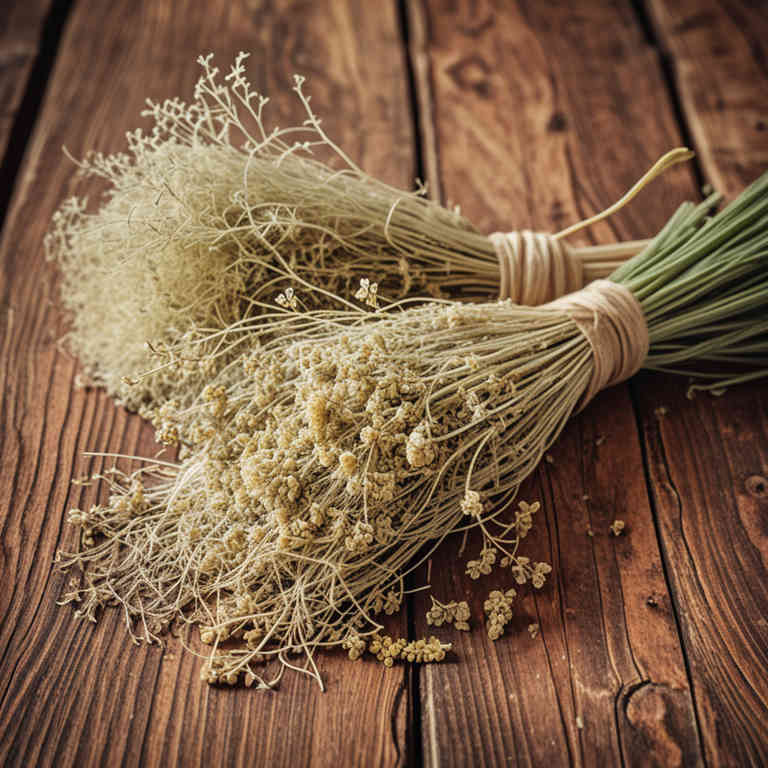Foeniculum vulgare mucillage for medicinal use

Foeniculum vulgare mucillage is a preparation derived from the mucilage found in the seeds of the fennel plant.
This substance is rich in polysaccharides and has a high water-binding capacity, making it useful in herbal formulations. In herbalism, it is often used to support digestive health and soothe the gastrointestinal tract. It may also aid in reducing inflammation and promoting the healing of mucous membranes.
This preparation is commonly found in traditional remedies for conditions such as indigestion, bloating, and irritable bowel syndrome.
Uses
Foeniculum vulgare mucillage has been used to support digestive health and relieve gastrointestinal discomfort for centuries.
Historically, it was valued in ancient Egypt and Greece for its soothing properties, often used to treat stomach ailments and promote digestion. Traditional medicine systems like Ayurveda and Chinese medicine also incorporated it for its mild laxative and carminative effects. In modern times, it is commonly used as a natural remedy for bloating, indigestion, and to support overall digestive wellness.
Its mucilage content helps protect the lining of the digestive tract, making it a popular ingredient in herbal supplements today.
Benefits
Foeniculum vulgare mucillage has health benefits such as aiding digestion, reducing inflammation, and supporting respiratory health.
It is rich in mucilage, a gel-like substance that can soothe irritated tissues in the digestive tract. This preparation may help alleviate symptoms of indigestion, bloating, and gastrointestinal discomfort. Its anti-inflammatory properties may also provide relief for conditions like bronchitis or coughs.
Additionally, it is believed to support the immune system and promote overall wellness.
Constituents
Foeniculum vulgare mucillage active constituents include volatile oils, flavonoids, terpenoids, and mucilage.
These compounds contribute to its traditional use in supporting digestive health and respiratory function. The mucilage provides a soothing effect on the mucous membranes, while the volatile oils may aid in reducing flatulence and promoting healthy digestion. Flavonoids and terpenoids are believed to have anti-inflammatory and antioxidant properties.
This preparation is often used to alleviate symptoms of indigestion, bloating, and minor respiratory discomfort.
Preparation
To make Foeniculum vulgare mucillage, start by gathering fresh or dried fennel seeds.
Rinse the seeds thoroughly and place them in a jar. Cover the seeds with a liquid such as water, wine, or honey, ensuring they are fully submerged. Let the mixture steep for at least 48 hours, then strain the liquid to separate the mucilage.
The resulting mucilage can be used topically or internally as a digestive aid and expectorant.
Side Effects
Foeniculum vulgare mucillage may lead to gastrointestinal discomfort, including nausea, vomiting, and diarrhea, particularly when consumed in large quantities.
It may also cause allergic reactions in individuals sensitive to plants in the Apiaceae family, such as carrots or celery. Prolonged use could potentially interfere with certain medications, especially those affecting the digestive system or blood sugar levels. In some cases, it may contribute to the development of kidney stones due to its high oxalate content.
It is important to consult a healthcare professional before using this preparation, especially for pregnant or breastfeeding women and those with existing health conditions.